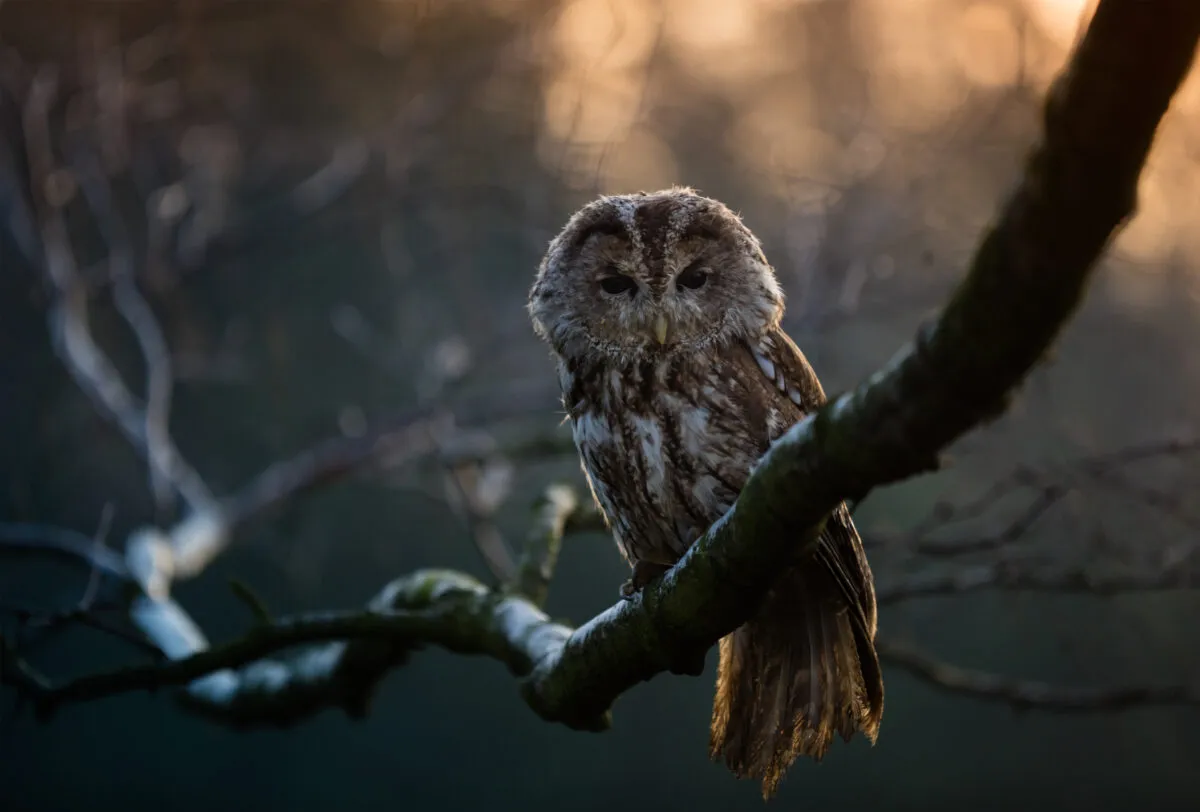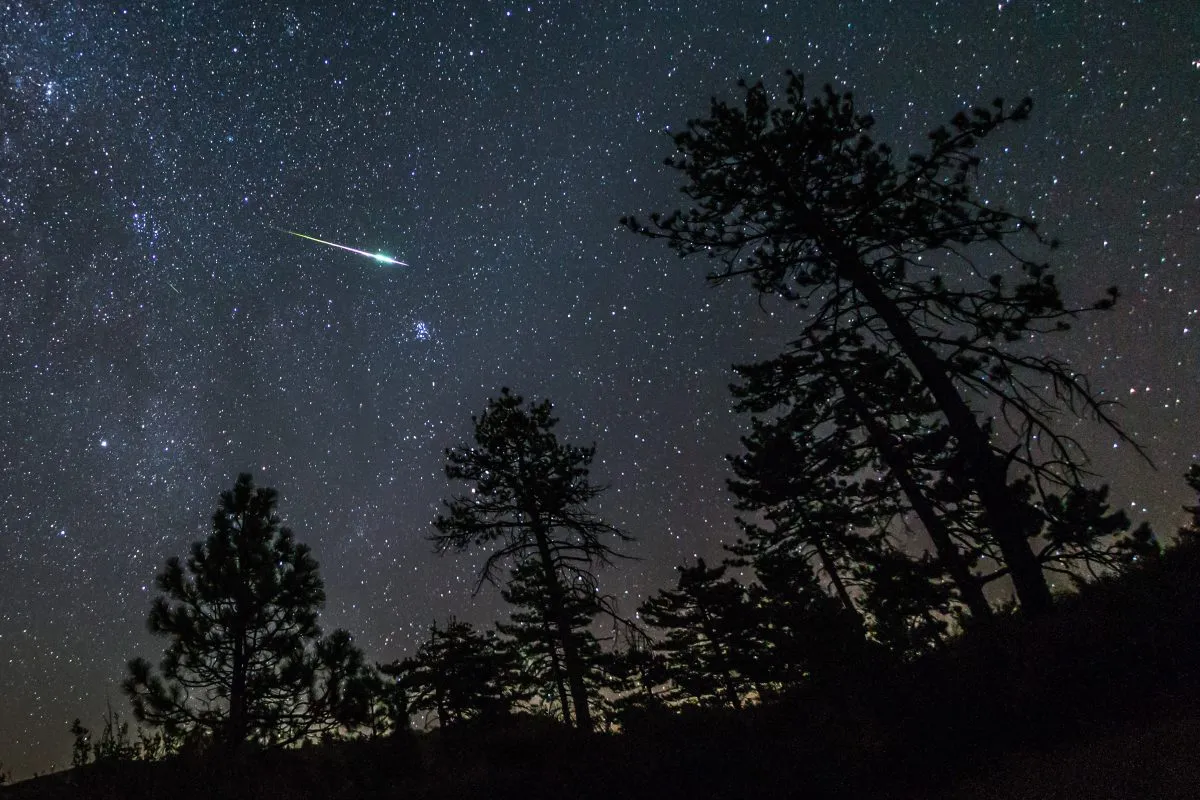I’ve spent a lot of time indoors in my life. I’ve been a professional astronomer and the job is, surprisingly, mostly desk-bound – data crunching, reading the literature and writing papers.
Even an amateur stargazer probably spends more hours at the computer processing images and preparing their tech than outside with their telescope.
More mindful stargazing

These days I’m doing more writing, which I also tend to do indoors. And if I spend too long inside,
I start to feel stale.
I find myself shrinking away from the world, and the longer it goes on the more I want to retreat.
It takes effort sometimes to get outdoors. I don’t mean just down to the shops, but really out in nature.
But when I do, the stale feeling is blown away and I find myself expanding out into the world again.
Research shows that time in nature can bring an improvement in mood, a sense of increased wellbeing, happiness, meaning and purpose in life, and encourage positive social interactions, as well as a decrease in mental distress (Bratman et al., 2019, Science Advances).

In most of these studies, ‘nature’ has meant being in a green space like a forest or garden, but there’s increasing evidence that blue spaces (like rivers or the sea) have equivalent benefits (‘Blue Space Forum: Health and Inequalities’, UK Government report, 2024).
And I’d like to suggest another environment: black spaces – which is to say, being out under the stars.
After all, the night sky is just as much a part of our natural world as the forest.
In fact, one recent study found that people with a greater connection to the night sky had better mental health and felt happier (Barnes & Passmore, 2024, Journal of Environmental Psychology).

Why nature helps our mental health
Scientists theorise that being in nature helps our mental health for several reasons.
Firstly, since our ancestors evolved in wild settings, we possibly all have an innate drive to connect with nature and we find plants, water (and the stars) relaxing and soothing.
Secondly, spending time in nature seems to stimulate our parasympathetic nervous system’s ‘rest and digest’ response, which shifts us out of the fight-or-flight mode, lowering stress levels, making us feel rested and rejuvenated (Capaldi et al., 2015, International Journal of Wellbeing).
To benefit fully from nature’s effects, it’s important to have an open mind rather than one full of opinions, facts, to-do lists or personal agendas.

If we approach being out in nature with a sense of curiosity, then curiosity can easily lead to wonder.
And wonder is the precursor to feeling awe. Awe arises from a strange combination of fear and wonder.
It’s the feeling we get in the presence of something vast that challenges our everyday sense of self and understanding of the world.
Awe is well known to have a powerful positive effect on mental health (Piff et al., 2015, Journal of Personality and Social Psychology).
It lifts us out of our everyday thoughts and worries, quietens our usual critical self-talk and connects our individual self to a much bigger whole.
Awe, as meditation teacher Sharon Salzberg says, is “the absence of self-preoccupation”. I’d say that is a big factor in sustaining good mental health.
This article appeared in the June 2025 issue of BBC Sky at Night Magazine

